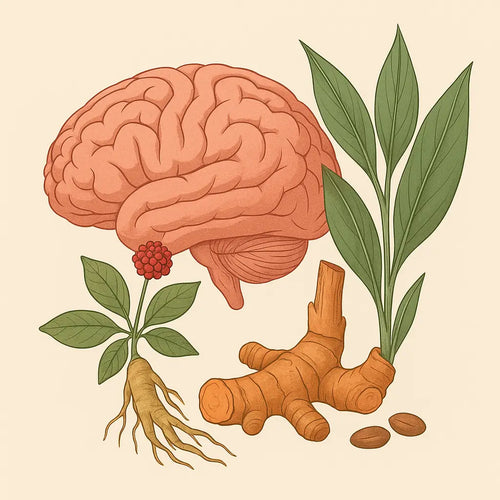Tendinitis is another common problem we see more of as we age.
As with other chronic conditions, low grade inflammation is involved.
Metabolic syndrome, which involves insulin resistance and low grade inflammation, increases the risk for tendinitis.
What we eat on a daily basis is for that reason very important for this condition.
In addition to a good diet, curcumin may also be helpful for tendinitis.
The inflammatory cytokines IL-1beta and TNF-alpha are involved in tendinitis.
Curcumin has been found to reduce IL-1beta induced NF-kappaB activation, another inflammatory cytokine (Burhmann C, et al. 2011).
Curcumin also down regulated MMP-1, 9 and 13 enzymes involved in tendon degradation.
For these reasons it may be worthwhile to include curcumin in your daily regime if you start to have tendon issues.
It even makes sense if you don’t have tendinitis, because the less chronic inflammation you have, the better off you will be.
Be sure the curcumin you take is supplied in an easy absorbed form.
Buhrmann C1, Mobasheri A, Busch F, Aldinger C, Stahlmann R, Montaseri A, Shakibaei M. Curcumin modulates nuclear factor kappaB (NF-kappaB)-mediated inflammation in human tenocytes in vitro: role of the phosphatidylinositol 3-kinase/Akt pathway. J Biol Chem. 2011 Aug 12;286(32):28556-66. doi: 10.1074/jbc.M111.256180. Epub 2011 Jun 13.
Better Curcumin
Research has documented the many benefits of curcumin (found in turmeric spice), but regular turmeric is hard to absorb. The type of curcumin in our formula improves the absorption 6.93 fold compared to regular curcumin (Anthony B, et al. 2008). It also includes none curcumin components of turmeric which is important for several reasons since the other components of turmeric also provide benefits.










